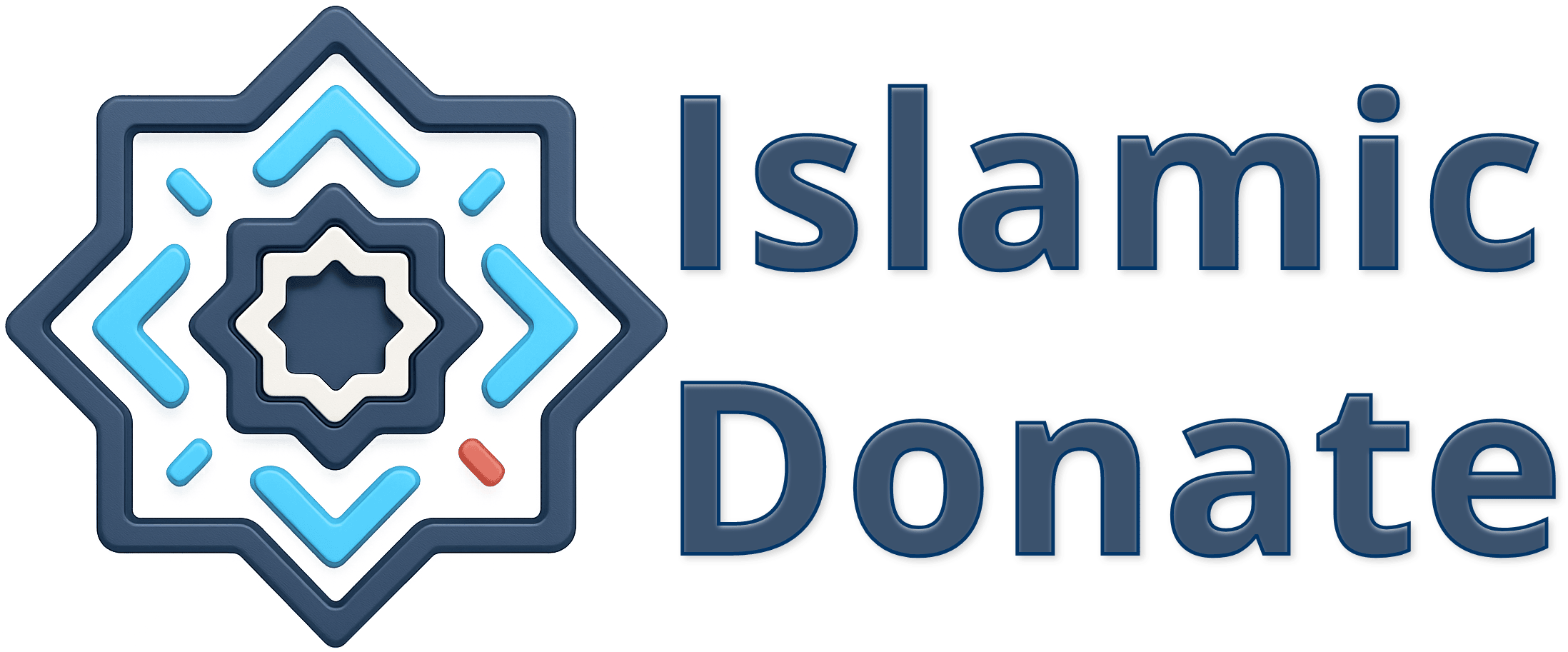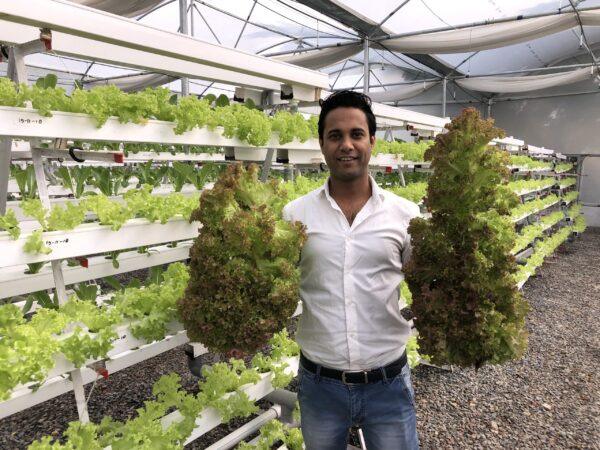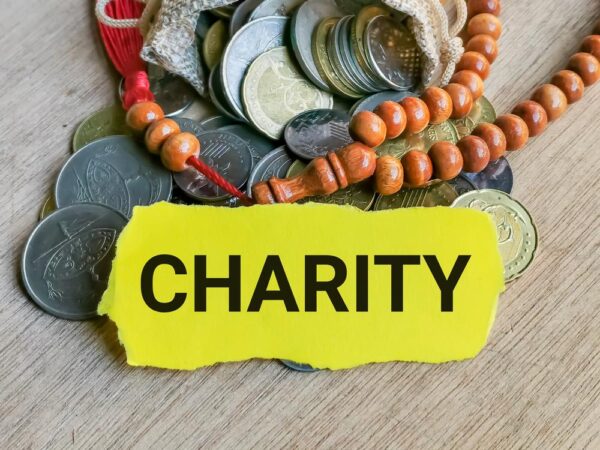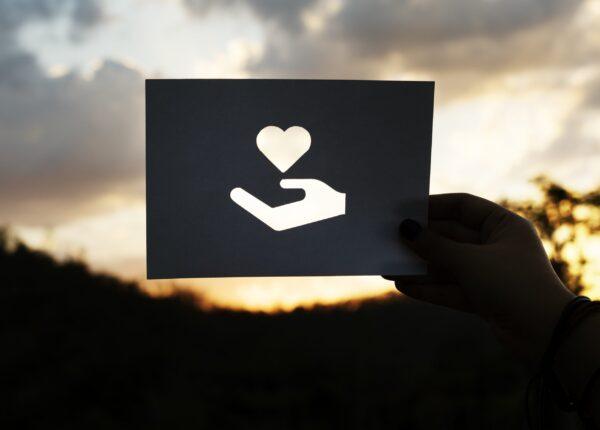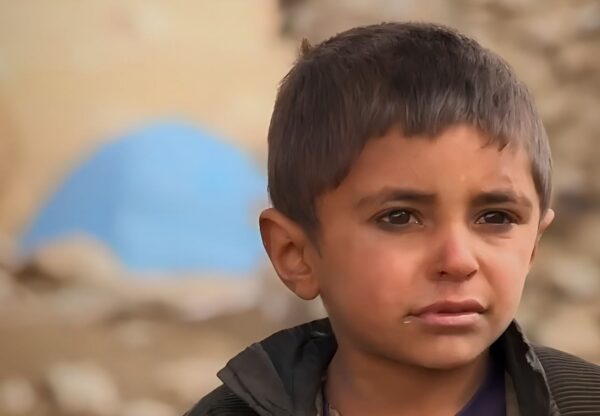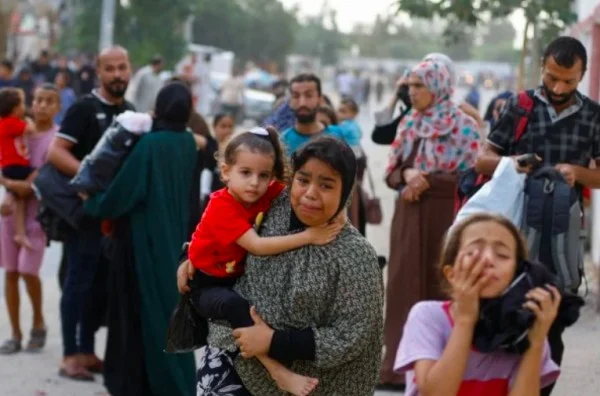Embracing Our Vow to Nature: A Journey into Green Philanthropy
Hello there, dear friend! As an environmentalist and a member of our beloved Islamic Charity, I’m thrilled to bring you along on a journey that’s close to my heart, and hopefully, soon to be close to yours as well. It’s a venture we affectionately call our ‘Vow to Nature’. So grab your virtual hiking boots, and let’s explore this together!
Our Pledge: A Symphony with Nature
Our Vow to Nature is, in essence, a pledge to align our daily actions with the rhythm of Mother Earth. Every activity we undertake, every meeting we hold, is imbued with a profound respect for our natural world. But it’s not just a statement of intent; it’s a call to action, a commitment to roll up our sleeves and get our hands a little dirty for a cleaner, greener future.
Our activities range from the simple act of picking up litter during our community clean-ups to more specialized tasks like tree-pruning. We believe that every act, no matter how small, plays a vital role in this grand symphony we’re creating with nature.
Rolling Up Our Sleeves: Action for a Greener Tomorrow
Now, you might wonder why tree-pruning merits mention. Well, in the grand tapestry of our ecosystem, trees are the towering giants that breathe life into our world. But like any living organism, trees too need a bit of tender loving care. Properly pruned trees live longer, healthier lives, providing us with cleaner air, shade, and habitats for countless creatures.
But it’s not just about the trees. Every piece of litter we pick up during our cleaning drives, every effort we make to reduce, reuse and recycle, contributes to a healthier planet. And isn’t that a beautiful way to express our gratitude to Allah for the bountiful Earth He has gifted us?
A Journey of a Thousand Miles
As the old Chinese proverb goes, “A journey of a thousand miles begins with a single step.” And our Vow to Nature is just that – countless single steps taken by individuals like you and me, culminating into a journey of epic proportions.
So, my dear friend, I invite you to join us in this journey. It doesn’t matter if you’re an environmental expert, a gardening enthusiast, or a novice eager to make a difference. There’s room for everyone in this voyage towards a sustainable future.
Remember, it’s not just about the destination; it’s about the journey, the camaraderie, and the shared joy of working towards a common goal. So, let’s lace up our boots, roll up our sleeves, and take that first step together, for the love of our planet, and for the love of Allah, the most merciful and the most loving.

